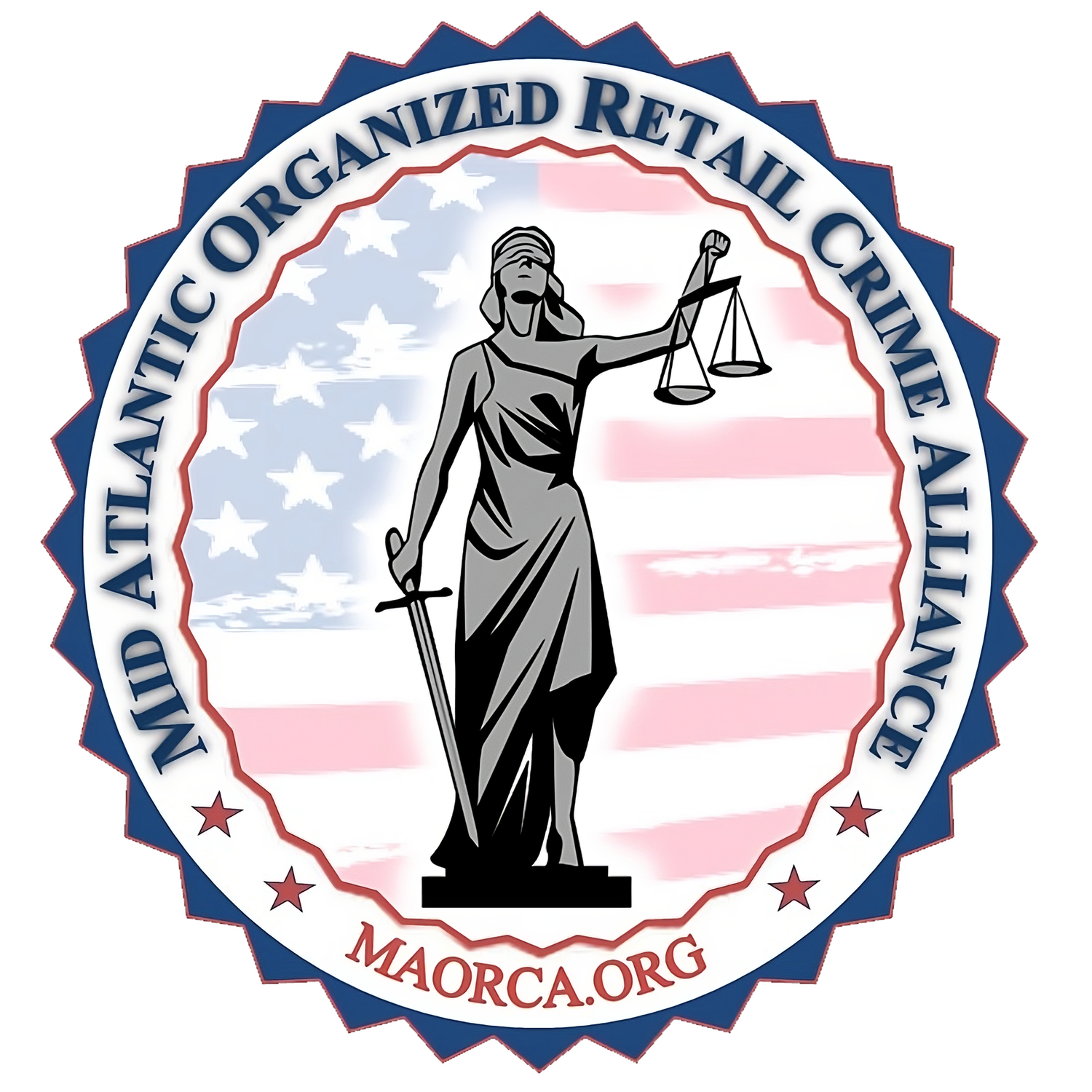PSA for Small Business Owners:
“Protect You & Your Business – Avoid Buying Stolen Goods”
Shoplifting & Organized Retail Crime (ORC) is increasingly using both in-person stores and online marketplace/auction platforms as a way to move stolen goods. While products which come to you may look attractive to bidders and sellers based on their cost, the risks of unknowingly handling stolen merchandise are serious and far-reaching. Business professionals must stay alert and adopt best practices to safeguard your businesses and customers.
How to Spot Stolen Goods
Large quantities of the same item – multiple units of high-theft merchandise.
No receipts or proof of purchase – sellers avoid showing documentation.
Too good to be true pricing – brand-new items sold far below retail prices.
Suspicious packaging – security devices still on items, multiple barcodes.
Rushed sellers – pressuring you to buy quickly, in cash, no questions asked.
Coerced counterparts offering ID – sellers control the conversation about the items but someone else gives their ID for your system
Key Dangers for Business Owners
Legal Consequences – Handling stolen goods can lead to criminal charges, civil penalties, or product seizures.
Your license and reputation are on the line – Association with stolen items damages credibility, reduces bidder confidence, and drives away legitimate consignors. Plus, one conviction can end your business.
Financial Losses – Businesses may lose revenue and be required to refund buyers when stolen products are confiscated.
Fueling Crime – By reselling stolen goods, resellers can unintentionally support ORC networks that fund larger criminal enterprises.
IF THE RED FLAGS ARE THERE,
THE LAW EXPECTS YOU TO SEE THEM
“Should Have Known” — The Legal Standard
State laws don’t let you claim ignorance. If a reasonable person would have recognized the warning signs, you can be criminally charged.
VA: Organized Retail Theft § 18.2-103.1 - Class 3 Felony: 5 to 20 years in prison + up to $100,000 fine.
DC: Receiving Stolen Property § 22-3232 - Felony: up to 7 years + fines;
MD: Theft § 7-104 (includes receiving) - Up to felony, 20 years.
DE: Receiving Stolen Property § 11 Del. C. § 851 - Up to Class G Felony up to 2 years + fines.
WV: Receiving / Transferring Stolen Goods § 61-3-18 - Up to Felony 1–10 years.
ASK QUESTIONS.
SAY NO TO SUSPICIOUS DEALS.
REPORT SUSPICIOUS SELLERS.
Best Practices
Implement strict vetting processes for consignors, including ID verification and documentation checks.
Require proof of origin for bulk or brand-new retail merchandise.
Train staff to recognize suspicious consignments.
Monitor online sales closely for patterns that suggest stolen goods (e.g., repeated consignments of high-demand items).
Establish strong partnerships with law enforcement and retail organizations to share intelligence on ORC activity.
“By remaining vigilant, enforcing strong compliance practices, and working collaboratively with partners, businesses can protect themselves from legal and financial risks while helping to disrupt organized retail crime networks.”

